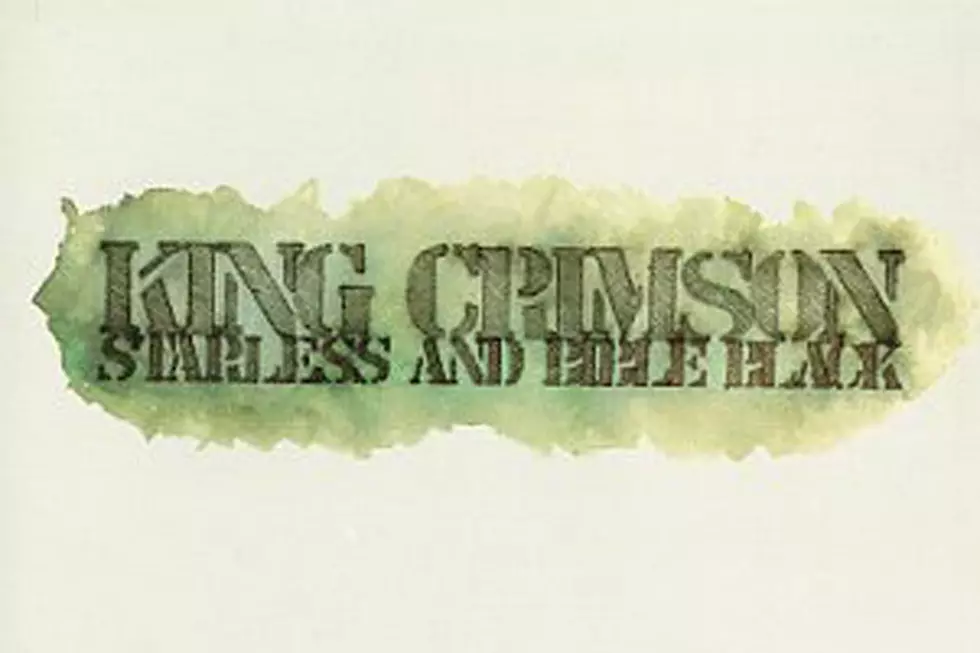 Historical revisionism is a beautiful thing in matters that don't involve public policy or the fate of humanity, and the last few years has emerged a movement among able-voiced factions of the 70s music audience, fan and writer alike, who have become emboldened to say great things about Progressive Rock. I won't argue the point, although I was not the most enthusiastic listener of the stuff. As a sucker for instrumental competence leading all the way up to virtuosity, tricky time signatures, dissonance, and bold eclecticism appealed to me greatly.
Historical revisionism is a beautiful thing in matters that don't involve public policy or the fate of humanity, and the last few years has emerged a movement among able-voiced factions of the 70s music audience, fan and writer alike, who have become emboldened to say great things about Progressive Rock. I won't argue the point, although I was not the most enthusiastic listener of the stuff. As a sucker for instrumental competence leading all the way up to virtuosity, tricky time signatures, dissonance, and bold eclecticism appealed to me greatly. However, my tastes have changed course significantly toward jazz improvisation, a more expansive, less calcified field where virtuosity is put to the service of improvisation. In this area, you do something unique, your own and the likes of which cannot be exactly duplicated by any means. Prog, in the brief time it owned the FM radio band and record charts, soon became self-parody --everyone sounded like everyone else playing overly arranged music, although adherents will claim the immediately distinguish-ability of Yes from ELP from Hatfield in the North from ...--and much of the lyrics were so much mush, Tolkien by way of Dungeons and Dragons. But Starless and Bible Black by King Crimson? Though starting at the beginning of the Prog Rock ordeal, KC never really sounded like anyone, and anyone trying to say like them did so at the risk of being ridiculed, reviled, rejected.
This record is densely layered, putting forth fetching, entrancing segments of gamelan percussive improvisations, a somewhat angular approach to Heavy Metal atonality, atmospherics for processed electric guitar and violin, breakneck Mahavishnu temps, and firestorm soloing. Robert Fripp, who I would consider the Miles Davis of Rock as he is the only constant member of this band in its fifty-plus years of existence and who made sure that the contributions of new members changed the sound and direction of KC--leads an outstanding troupe this period, especially Bill Buford on drums, David Cross on violin and John Whetton on bass and vocals. Whetton, I believe, is one of the forgotten bass heroes in the rock domain. Atmosphere, frenetic ensemble playing, exploring texturing. What more does one need? And the lyrics by Robert Palmer James are first-rate, real poetry that does not embarrass your senses or offend your more entrenched notion of how a compelling set of rhymes should be composed and presented. James merits a more extended discussion.


No comments:
Post a Comment
Comments are moderated due to spam. But commentaries, opinions and other remarks about the posts are always welcome! I apologize for the inconvenience.